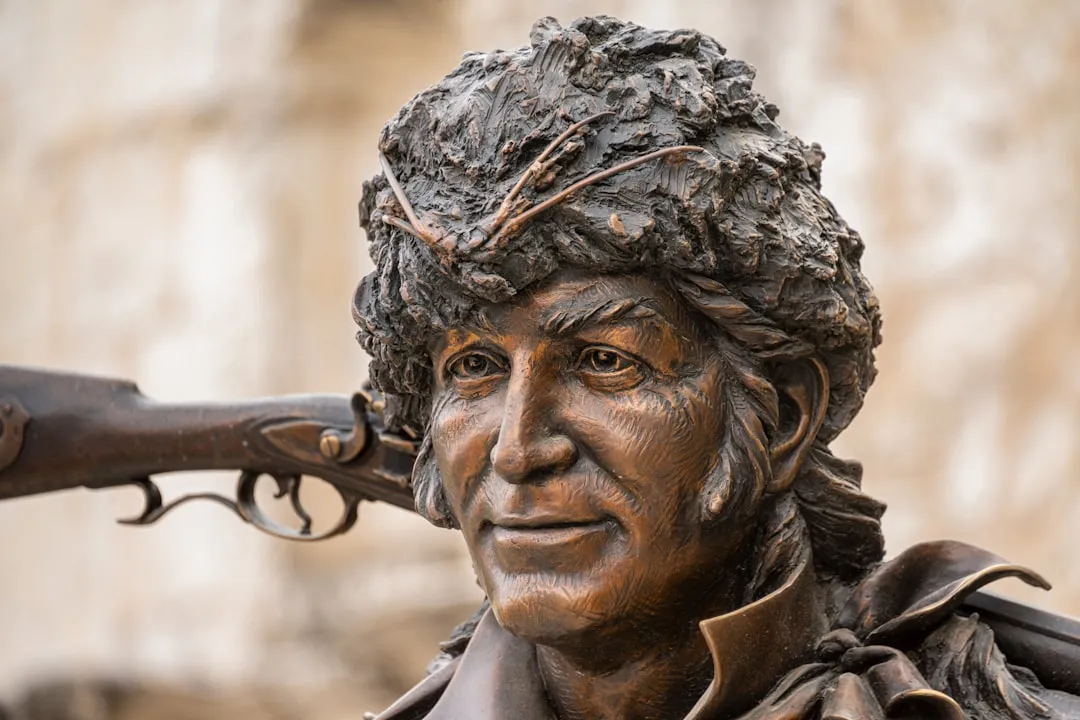The recent confirmation of Robert F. Kennedy Jr. as a significant figure in American politics has ignited considerable discussion across the country. As the son of the late Senator Robert F. Kennedy and nephew of President John F. Kennedy, RFK Jr. carries with him a lineage steeped in political history. However, his trajectory is not solely defined by his family's legacy; it is characterized by his advocacy, controversial views, and the evolution of his political aspirations, which could reshape the landscape of American politics in the years to come.
The Path to Confirmation
Robert F. Kennedy Jr. has long established himself as a polarizing figure in American society. Initially recognized for his environmental activism and work on water and air pollution issues, his public persona shifted dramatically as he became embroiled in the vaccine debate. His outspoken skepticism about vaccine safety has garnered both fervent supporters and vehement detractors. Many see him as a champion of individual rights and parental choice, while others criticize him for spreading misinformation that could undermine public health initiatives.
RFK Jr.'s confirmation as a presidential candidate represents a culmination of years of advocacy and public engagement. In his announcement, he framed his campaign as a struggle for democracy, health freedom, and the restoration of trust in government institutions. This narrative resonates with many Americans who feel disillusioned with traditional political structures and are searching for alternative voices.
The Climate of Discontent
The current political climate in the United States is marked by deep-seated dissatisfaction among voters. Polls indicate that a significant portion of the electorate feels that their opinions are not heard in Washington. This sentiment is particularly prevalent among younger voters, who are increasingly disenchanted with established political parties.
RFK Jr.'s message taps into this discontent. He presents himself as a political outsider willing to challenge the status quo. His platform emphasizes the importance of transparency, accountability, and a departure from corporate influence in politics. By positioning himself as a champion of the “forgotten” Americans, he has successfully carved out a niche for himself that resonates with a diverse voter base.
The Role of Social Media
In today’s digital age, public figures can leverage social media to amplify their messages and engage with constituents directly. RFK Jr. is no exception. His use of platforms like Twitter and Instagram allows him to bypass traditional media filters and connect with supporters on a personal level. This strategy has proven effective in mobilizing grassroots support, particularly among those disillusioned with mainstream political narratives.
However, this direct engagement comes with risks. misinformation can spread rapidly online, and the boundaries between fact and opinion often blur in the social media realm. Critics argue that his promotion of controversial views, especially concerning vaccines, could have public health implications. This duality—being both a voice for the neglected and a source of misinformation—places RFK Jr. at a crossroads that could define his campaign's trajectory.
The Impact on Political Norms
RFK Jr.'s confirmation as a candidate is not just an isolated development; it signifies a broader shift in American political norms. The rise of populist candidates across the political spectrum showcases a growing demand for authenticity and a rejection of conventional political practices. Voters are increasingly attracted to candidates who promise to disrupt the political establishment, regardless of their ideological leanings.
Bipartisan Appeal
What sets RFK Jr. apart is his ability to attract support from both sides of the political aisle. While he is often associated with left-leaning ideals—such as environmentalism—his anti-establishment rhetoric resonates with right-leaning voters who are skeptical of government overreach. This unique positioning could allow him to build a coalition of supporters from diverse backgrounds, effectively challenging the traditional two-party system.
For instance, during his campaign events, RFK Jr. emphasizes themes of civil liberties and government accountability, issues that transcend party lines. His ability to engage with various constituencies could disrupt the expected dynamics of the upcoming elections, making him a formidable candidate.
Future Implications for American politics
The implications of RFK Jr.'s confirmation extend far beyond his individual candidacy. His rise reflects a changing political landscape where traditional party allegiances are increasingly challenged. Voter preferences are shifting, and candidates who can authentically connect with the electorate are likely to gain traction.
A New Generation of Politicians
As RFK Jr. stands on the precipice of a potential candidacy, he embodies a new era of politicians who emphasize personal stories, grassroots movements, and direct engagement with constituents. This trend may inspire a new generation of leaders who prioritize authenticity over partisanship, potentially reshaping the political arena in the coming years.
The Role of Voter Engagement
Voter engagement will play a crucial role in the upcoming elections. As Americans become more politicized, their expectations of candidates will evolve. RFK Jr.'s ability to galvanize support hinges on his capacity to address the concerns of citizens disillusioned by traditional political processes. His advocacy for issues like health freedom and environmental protection taps into the collective consciousness of a nation eager for change.
Conclusion: A Legacy in the Making
As Robert F. Kennedy Jr. embarks on this journey, the significance of his confirmation reaches far beyond his personal aspirations. It signifies a moment in American politics where the narrative is being rewritten. The legacy of the Kennedy family, intertwined with themes of hope, change, and social justice, continues to inspire a new generation of voters searching for leaders who genuinely represent their voices.
RFK Jr.'s campaign may very well serve as a litmus test for the future of American politics. Will it usher in a new era characterized by increased voter engagement, diverse political representation, and a challenge to the established norms? Only time will tell. However, one thing is certain: Robert F. Kennedy Jr. is poised to make an indelible mark on the political landscape, and the ripples of his confirmation will be felt for years to come. As voters brace for the upcoming elections, they will be watching closely, poised to see how this remarkable journey unfolds.


 Exploring the Rise of RFK Jr: A New Wave in American Politics
Exploring the Rise of RFK Jr: A New Wave in American Politics
 Understanding the TikTok Ban: Impacts and What You Need to Know
Understanding the TikTok Ban: Impacts and What You Need to Know
 Superman: The Evolution of a Timeless Hero Through the Ages
Superman: The Evolution of a Timeless Hero Through the Ages
 Taylor Swift: Redefining Pop Culture and Breaking Records in 2023
Taylor Swift: Redefining Pop Culture and Breaking Records in 2023
 Unlocking the Future of DOGE: Trends and Opportunities Ahead
Unlocking the Future of DOGE: Trends and Opportunities Ahead